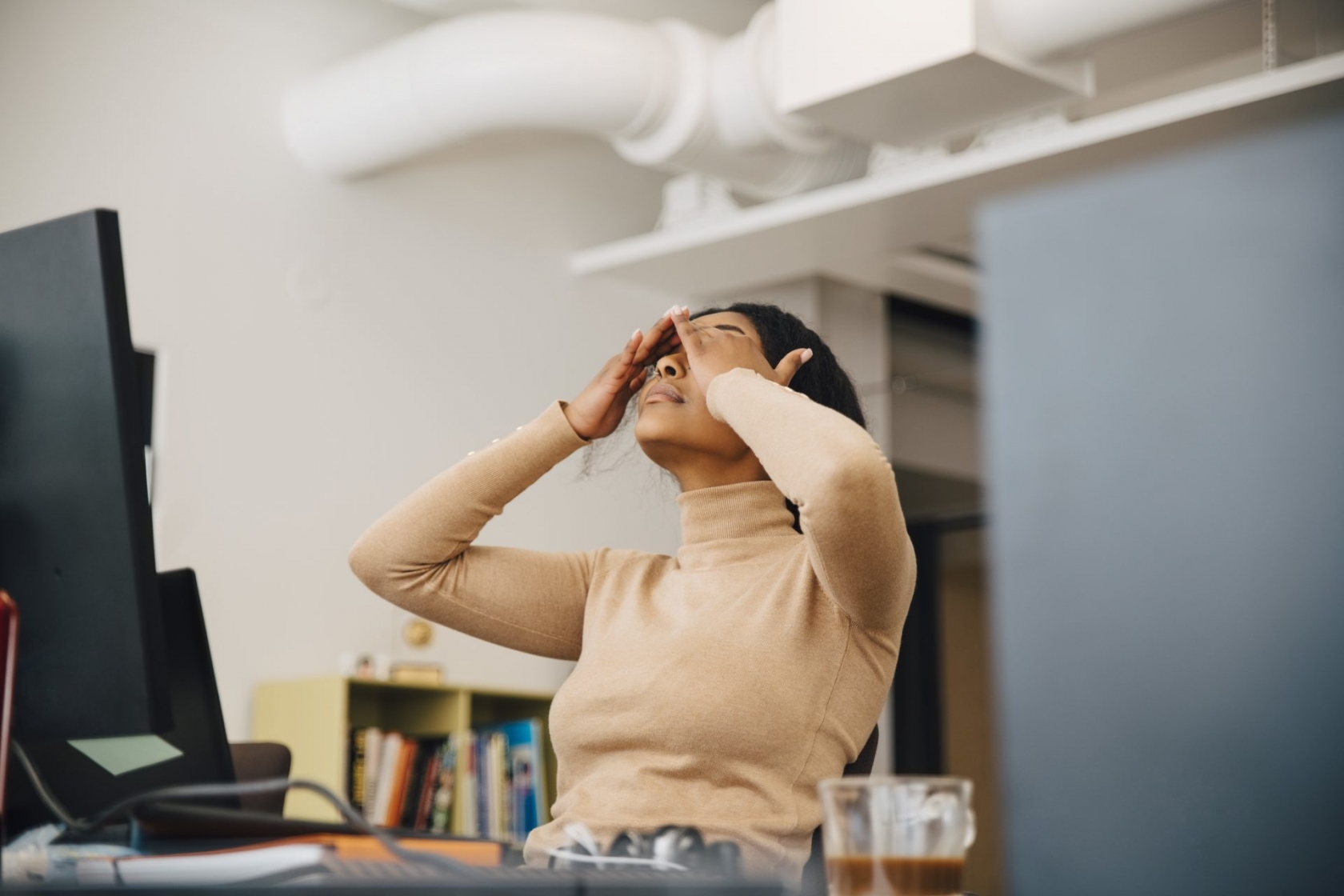As a second wave of coronavirus infections hit the UK, the stress and anxiety caused by the tightening lockdown restrictions have left many of us struggling with our sleep.
Thanks to a combination of virus-related worries, financial anxiety and a series of seemingly endless government U-turns, many of us have experienced disruption to our sleep during the coronavirus pandemic. It’s hardly surprising: at a time when so much is changing, it’s hard to switch off and unwind.
This disruption to our sleep has manifested in a number of ways: alongside pandemic-related nightmares and anxious spirals before bed, people have found themselves waking up in the middle of the night or dealing with a foggy head in the morning.
Indeed, back in June, a study by scientists at King’s College London and Ipsos MORI found that nearly two-thirds (63%) of UK adults had experienced changes to their sleep patterns since lockdown was first introduced in March, with 50% saying their sleep has been more disturbed than usual.
Since then, however, a lot has changed. Lockdown restrictions eased considerably throughout the summer months – pubs reopened, restaurants offered ’eat out to help out’ discounts and we were all encouraged to get out and do the things we enjoyed once more – but as we headed into September and the number of new cases began to rise, the progress we’d grown used to swiftly disappeared, replaced by the rule of six and new local lockdowns.
In the wake of these constant changes, the amount of sleep disruption people have been experiencing has changed repeatedly over the last couple of months. According to data recorded by the sleep tech firm Simba, whose sleep app has monitored the length and quality of their 55,000 users’ sleep as well as their daily moods and alcohol consumption, the sleep and mood of people across the country hit several high points throughout the summer months as lockdown eased and children returned to school after the summer holidays – but dipped again when Boris Johnson introduced the rule of six on 9 September.
The announcement of those new restrictions – which banned groups of more than six people meeting both indoors and outdoors – not only dampened people’s moods but affected the quality of their sleep, a value which is calculated by combining factors including sleep duration, the amount of deep sleep someone gets and how often they wake up during the night.

So why is it that the changing lockdown restrictions have such a big impact on our sleep? Dr Andy Cope, an expert in positive psychology, says it’s got a lot to do with our stress and anxiety levels – and the amount of uncertainty we’re facing during the pandemic.
“This year more than any other has been everyone’s worst nightmare when it comes to sleep quality and length,” Cope explains. “Generally, we are able to get six to eight hours a night during a usual year which would only be broken by late nights out, early starts or disturbances during the night.
“Sleep tends to come in 90-minute cycles. Disturbed sleep means we never get into what’s called REM mode. The alarm goes off and you feel like you’ve hardly slept at all which impairs your productivity for the coming day. This year has been really hard and has played havoc with sleeping patterns – it’s been a turbulent year, so we’ve felt anxious.
“Stress means we sleep lightly and intermittently instead of achieving deeper REM sleep. As a result, it’s very easy to fall into a vicious cycle of poor-quality sleep which leads to a stressful day which leads to poor-quality sleep.”
Cope continues: “The virus has tipped ‘normality’ upside down and brought with it worries over our own health and futures, as well as those of our elderly relatives, friends and colleagues.
“After a bit of respite during the summer holidays, the introduction of the rule of six was like having a huge collective rug pulled from under our feet just when we were hoping the situation was improving.
“The ‘new normal’ continues to shapeshift. We crave structure and yet the world continues to throw turmoil our way.”
As the rising numbers of new coronavirus cases trigger a rise in our stress levels once again, it’s unsurprising to learn that many of us are finding it hard to get good quality sleep – but there are things we can do to limit the impact our stress has on our sleep as we continue to deal with the uncertainty of the pandemic.
From creating a personalised bedtime routine to avoiding bright lights and keeping active during the day, there are a number of small steps we can all take to help get our sleep routine back-on-track over the next couple of months. Of course, it’s important to remember that these and other commonly-recommend sleep ‘hacks’ – such as banning your phone from the bedroom or having a hot bath before bedtime – aren’t a ‘one size fits all’ solution, so it’s worth spending some time figuring out what works for you.
For more information on getting your sleep schedule back on track during lockdown, you can check out these expert tips for lockdown-related sleep advice or find out more about how to limit the impact stress has on your sleep.
If you, or someone you know, is struggling with their sleep, you can find support and resources on mental health charity Mind’s website or at NHS Every Mind Matters.
For confidential support with your mental health and wellbeing you can also call the Samaritans in the UK on 116 123 or email [email protected].
Images: Getty
Source: Read Full Article


